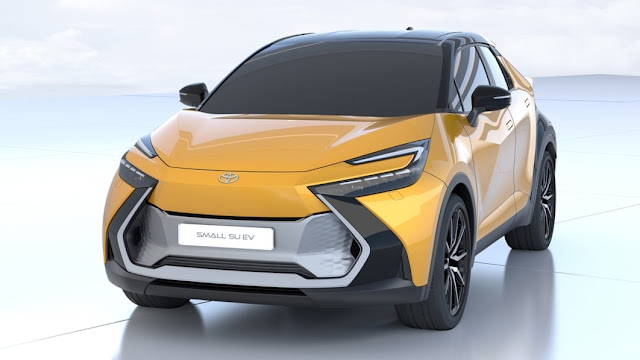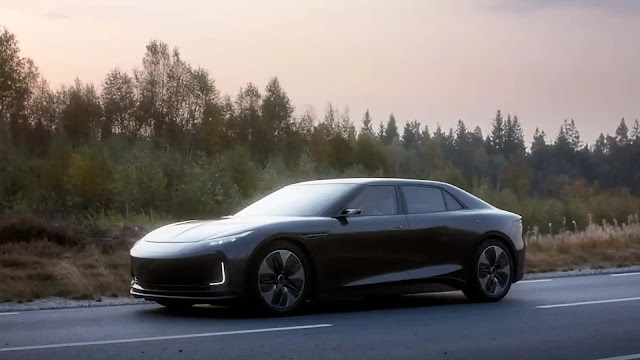Unleashing the Power of Hydrogen: The Advantages over Electric Cars
The race for sustainable transportation is on, and two front-runners have emerged: hydrogen-powered vehicles and electric cars. While electric vehicles (EVs) have gained significant popularity, hydrogen-powered vehicles offer a compelling alternative that can revolutionize the way we think about clean mobility. In this article, we will explore the advantages of hydrogen over electric cars, highlighting their environmental benefits, efficiency, range, and refuelling infrastructure.
1. Environmental Benefits:
Hydrogen-powered vehicles emit only water vapour as a byproduct, making them truly zero-emission vehicles. While electric cars produce zero tailpipe emissions, the source of electricity used to charge them may come from fossil fuel-based power plants. Hydrogen, on the other hand, can be produced through renewable energy sources like wind, solar, or hydroelectric power, ensuring a truly sustainable transportation solution.
2. Efficiency and Performance:
Hydrogen fuel cell vehicles (FCVs) boast higher energy efficiency compared to electric cars. The conversion of hydrogen to electricity within fuel cells is more efficient than the process of charging and discharging batteries in EVs. Additionally, hydrogen vehicles offer consistent performance throughout their battery life, whereas electric vehicles may experience performance degradation as the battery ages.
3. Extended Range:
One of the major limitations of electric cars is
their range anxiety, the fear of running out of battery power. Hydrogen vehicles have a significant advantage in this aspect. With faster refuelling times and longer driving ranges, hydrogen-powered vehicles eliminate the need for frequent recharging. FCVs can travel hundreds of miles on a single tank of hydrogen, offering comparable range to traditional internal combustion engine vehicles.
4. Rapid Refueling:
Refueling an electric car can take several hours, depending on the charging infrastructure available. In contrast, refueling a hydrogen vehicle is as quick and convenient as refueling a conventional gasoline vehicle. The refueling process takes only a few minutes, offering a seamless experience for drivers. This advantage makes hydrogen-powered vehicles more suitable for long-distance travel and eliminates concerns about charging availability on the road.
5. Scalability and Versatility:
Hydrogen is a highly versatile energy carrier that can be produced from various sources and used in different applications. Apart from powering vehicles, hydrogen can be utilized for heating, electricity generation, and industrial processes, thus offering a broader range of sustainable solutions. This versatility and scalability make hydrogen a valuable component of a comprehensive renewable energy ecosystem.
While electric cars have paved the way for sustainable transportation, hydrogen-powered
vehicles offer unique advantages that cannot be overlooked. With zero emissions, higher efficiency, extended range, rapid refueling, and versatility, hydrogen-powered vehicles have the potential to transform the automotive industry and provide a sustainable solution for long-distance travel. As we continue to explore and invest in alternative fuels, hydrogen stands out as a promising contender in the quest for a greener future on our roads.







Comments